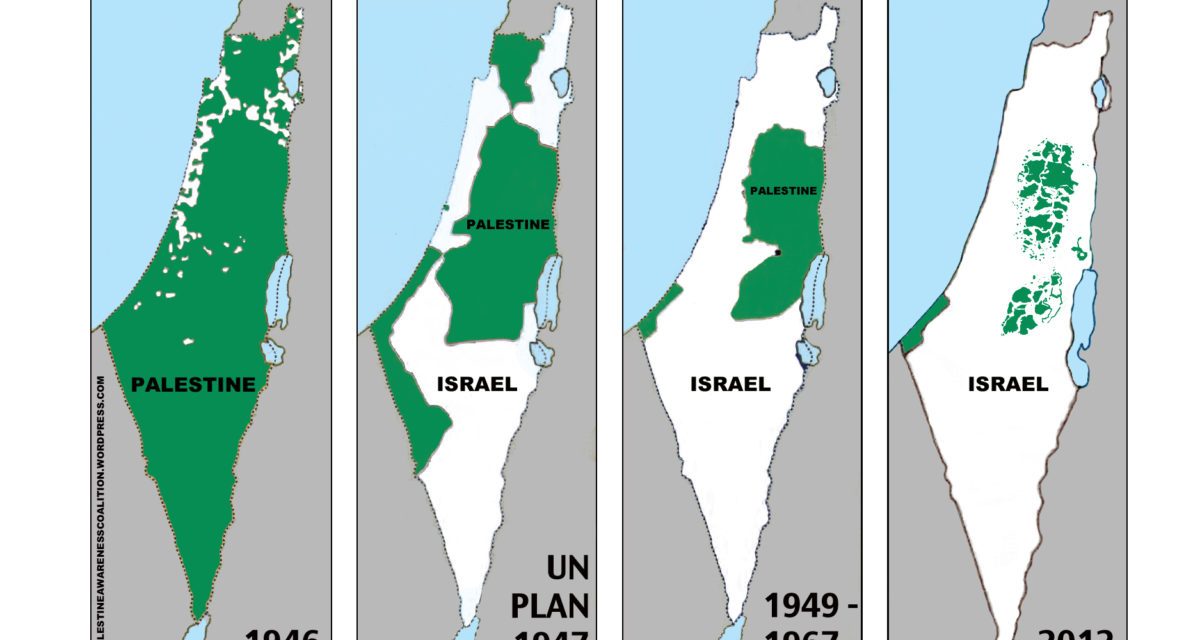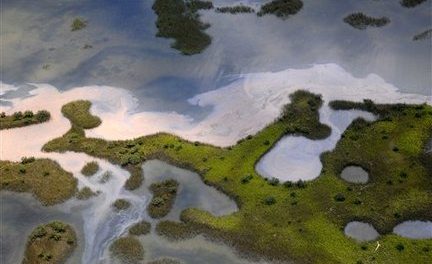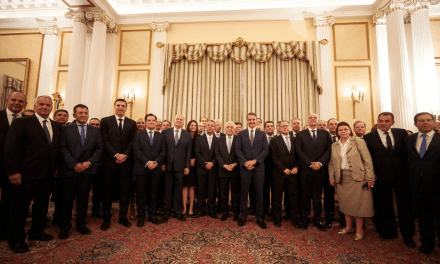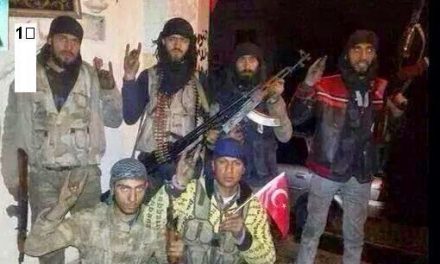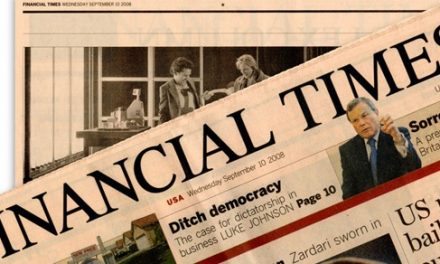By Ibrahim Hewitt, Middle East Monitor
On the 68th anniversary of the Nakba (Catastrophe), when the Zionist State of Israel was created on Palestinian land, it is worth reflecting on the propaganda that the world has been fed ever since. Arguably the most pervasive is the perennial claim that Israel only ever “responds” to Palestinian “terrorism” every time it sends its tanks, jets and drones over the border into the Gaza Strip, or its troops into the West Bank and East Jerusalem to destroy Palestinian homes and lives.
Let’s put aside for one moment the fact that the Palestinians have a legal right – some would say obligation – to resist Israel’s brutal military occupation of their land with all means at their disposal. Their legitimate resistance is neither “terrorism” nor mindless violence; it is focused and with a clear purpose in mind: the liberation of Palestine. This is a fact that is ignored by media and politicians alike when they back Israel’s offensives against Palestinian civilians with the claim that Israel has a “right to defend itself”. It certainly does if it is attacked by a belligerent state, but not, in law, to defend itself against the people living under its military occupation. Statements by Western politicians dismiss the Palestinians’ legal rights at a stroke, exposing their blatant support for Zionism in the process.
Scrutiny of how Israel’s offensives have been launched against the people of Gaza over the past few years demonstrates that the Zionist state is the prime cause of the violence through its vicious occupation policies in the occupied West Bank and the blockade of the Gaza Strip; indeed, its polices before, during and since the Nakba. Rockets fired from the territory and other acts of resistance have to be viewed within that context if there is to be a genuine attempt to decipher the reality of the situation. The same is true of the three major Palestinian uprisings in 1987-1991, 2000-2005 and 2015-present. All were in response to Israeli oppression and occupation, rather than the over-simplistic “violence against Israelis” that some claim.
When Israel’s “Declaration of Independence” was read out by David Ben-Gurion in 1948, the pro-Israel narrative insists that “Arab armies” immediately invaded the nascent state to strangle it at birth, ignoring very conveniently that, apart from anything else, a deal had been struck by the Zionists with the then King Abdullah of Jordan (the current monarch’s grandfather), who also had his eyes on Palestinian territory. The context of the ethnic cleansing and massacres committed as part of “Jewish terror tactics” (Guerrilla Warfare, Robin Corbett, 1986) in the run-up to May 1948 is not mentioned, nor is the steadily-rising levels of Jewish immigration to British Mandate Palestine during the 1920s and 1930s; nor, indeed, is the Zionist lobbying that went on to squeeze the infamous Balfour Declaration out of the British government in 1917, when Britain had no right whatsoever to promise to give Palestine, or parts thereof, to “the Jewish people”. In short, the narrative, which has been picked up and disseminated by pro-Israel politicians and media in the West for decades, was and remains that Israel – “the only democracy in the Middle East” – is always being attacked by “the Arabs” and so must be supported with endless military, political and economic assistance. Context is everything, and it is missing from this narrative, as is the fact that Israel has nuclear and possibly chemical weapons.
If there is an iota of sincerity in Israel’s claims that its legitimacy was provided by either Balfour (which mentioned a “national home” not a state) or the 1947 UN Partition Plan (passed without consulting the indigenous people of Palestine), then let its government pull back to the land designated under the UN plan and place Jerusalem under international control; end the occupation of the West Bank and Jerusalem, and the Gaza Strip, and around 25 per cent of what is now part of Israel. This will never happen, of course, for the simple reason that the aim of Zionism is to establish “Greater Israel”, from the sea to the River Jordan, at the very least. This was described by Joseph Weitz, the head of the Jewish National Fund (which buys land in Palestine for settlement by Jews) in 1940 as “… the Western Israel”. Some argue that it goes further (as Weitz implied), and includes southern Lebanon (which was occupied by Israel from 1982 to 2000), the Sinai Peninsula (occupied from 1967 to 1982, apart from Taba, 1989), across to the Euphrates and south into what is now Saudi Arabia. Israel remains to this day the only member state of the United Nations which has never declared what its borders are.
This is all consistent with what prominent Zionist Israelis have expressed over the years. In 1954, for example, Ben-Gurion wrote, “To maintain the status quo will not do. We have to set up a dynamic state, bent upon creation and reform, building and expansion.” (Rebirth and Destiny of Israel, 1954, p419).
A year later, ex-prime minister Menachim Begin, who was wanted in Britain until the day he died for his role in massacres carried out by the Zionist terror group Irgun in the 1940s, told the Knesset (Israeli parliament): “I deeply believe in launching preventive war against the Arab states without further hesitation. By doing so, we will achieve two targets: firstly, the annihilation of Arab power; and secondly, the expansion of our territory.”
Begin’s “preventive war” came about in 1956, with the British-French-Israeli assault on the Suez Canal, and in 1967 when, again contrary to the pro-Israel narrative, Israel attacked and destroyed the Egyptian air force in a pre-emptive strike to launch the “Six-Day War”. Former minister Mordechai Ben-Tov denounced the claim that Israel’s existence had “hung upon a thread” in the run-up to the war: “The entire story of the danger of extermination was invented in every detail and exaggerated a posteriori, to justify the annexation of new Arab territory.” Furthermore, General Ezer Weizmann was quoted in Maariv, also in 1972, as saying “There was never a danger of extermination [prior to the Six-Day War in 1967].”
In 1972, Yitzhak Rabin, a general and then Prime Minister of Israel, who was assassinated by a Zionist fanatic in 1995, told France’s Le Monde, “I do not believe that Nasser [Egypt’s president] wanted war. The two divisions which he sent into Sinai on 14 May [1967] would not have been enough to unleash an offensive against Israel. He knew it and we knew it.”
Numerous Israeli politicians have, over the years, expressed their intentions with regards to the land of Palestine, and what should be done to the Palestinians. Before his first term as prime minister, the then Deputy Foreign Minister Benjamin Netanyahu told students at Bar Ilan University in 1989, “Israel should have exploited the repression of the demonstrations in China [Tiananmen Square], when world attention focused on that country, to carry out mass expulsions among the Arabs of the [occupied Palestinian] territories.”
According to the late Ariel Sharon in 1998, “It is the duty of Israeli leaders to explain to public opinion, clearly and courageously, a certain number of facts that are forgotten with time. The first of these is that there is no Zionism, colonisation, or Jewish State without the eviction of the Arabs and the expropriation of their lands.”
With this in mind, it is worth remembering that Israel has wiped off the map more than 500 Palestinian towns and villages since 1948 in a deliberate effort to destroy all evidence that Palestine was ever an Arab land. “Jewish villages were built in the place of Arab villages,” said former General Moshe Dayan in Haaretz in April 1969. “You do not even know the names of these Arab villages, and I do not blame you because geography books no longer exist. Not only do the books not exist, the Arab villages are not there either. Nahlal arose in the place of Mahlul; Kibbutz Gvat in the place of Jibta; Kibbutz Sarid in the place of Huneifis; and Kefar Yehushua in the place of Tal al-Shuman. There is not a single place built in this country that did not have a former Arab population.” (Quoted by Edward Said in, Zionism from the Standpoint of Its Victims, Social Text, Volume 1, 1979, 7-58)
It should be obvious, therefore, that Israel does not “respond” to Palestinian violence, but the Palestinians are defending themselves against the existential threat that is the State of Israel and its expansionist policies. The ethnic cleansing that began prior to the creation of the Zionist State in 1948 has been ongoing for 68 years and shows no sign of abating.
That is the lesson that we must learn from the Nakba: everything that Israel does is part of a well-thought out plan; it is not prone to spontaneous “responses” to Palestinian resistance, but it is very good at being the aggressor and blaming the victims. We – and the Palestinians – forget that at our peril.

